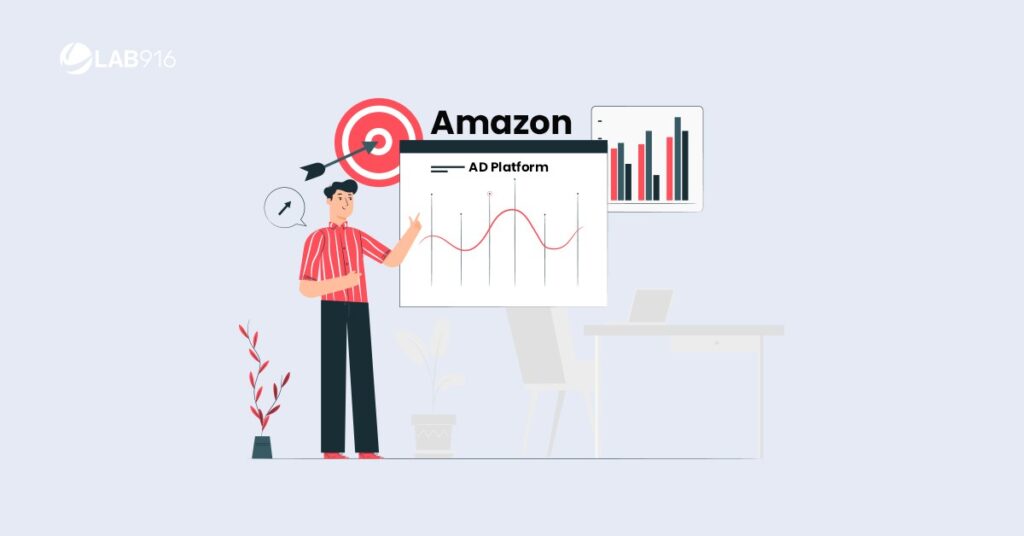“How Amazon FBA Sellers Can Prepare For The 2020 Holiday Rush” (Source: Forbes)
- With everything happening in 2020, it’s better to take an ASAP approach to your FBA duties this year.
- The first step you should take to prepare for the Holiday season is to watch consumer trends. When you can focus your inventory shipments on the goods expected to sell fast, profits can push higher when the click-to-buy surge happens.
- Stock up on all of your supplies. The items you want available for Black Friday or Cyber Monday should be in the warehouse by Halloween if possible.
- If you need anything to prepare your items for shipment or FBA disbursement, get it right now (tape, boxes, poly bags, labels, bubble wrap and similar supplies). Organize your essential supplies now, so that you don’t waste time looking for specific items later.
- Most years, the best advice for better Q4 FBA results is to track what happened the previous year. That likely won’t work in 2020. So, collect information about the shopping trends you see, but it will also be essential to listen to your instincts.
- Optimize Your Listings. October is the time to prepare your listings for customer views. Take some time to review your targeted keywords, item images, and overall description.
- If you plan on having an Amazon pay-per-click (PPC) campaign during Q4, get started by fine-tuning your foundations now.
- The post-Thanksgiving shopping holidays will look different in 2020. If you want to take advantage of Q4 as an FBA seller, being proactive now is in your best interest. Get your items shipped and stay on top of your inventory to have an excellent season.
- Read the full article here
“Making Sense Of Amazon’s AD Platform That’s Evolving Into A Marketing Marvel” (Source: AdAge)
- Amazon advertising partners say that changes are in store within Amazon that will make it easier for brands at a time when e-commerce marketing has become a vital lifeline for businesses in the COVID-19 economy.
- One of the most anticipated changes just dropped when Amazon released a DSP API (Amazon’s demand-side platform application programming interface). A new component within Amazon Advertising to help run campaigns on and off Amazon.com.
- Amazon released its DSP API quietly last week with a blog post on its ads website. And the company has been making similar incremental changes this year that are giving partners new powers on Amazon’s website, the mobile app, over-the-top TV, audio, and off site.
- Aside from new APIs, Amazon also runs an advertising partner program, and that is changing, too. Overall, Amazon’s ad opportunities are expansive and offer a great resource if users can learn to use it to its full potential.
- Read the full article here
“Amazon Offers Volume Discounts on Currency Conversion Fees for Disbursements” (Source: eCommerce bytes)
- Amazon announced that it is now offering merchants volume discounts on currency conversion fees.
- Amazon Currency Converter for Sellers (ACCS) is Amazon’s official payment solution that allows you to receive disbursements in the currency of your choice.
- ACCS is moving from a flat rate to Volume Based Fees, which now provides you with discounted fees as low as .75% based on the volume of your business in the last 12 months.
- The higher the volume, the lower your fees will be. Your seller tier that decides the fees will be calculated monthly and automatically updated.
- Amazon pointed to a Help page for merchants to learn more about the payment solution and new fees, and it posted the announcement on Seller Central.
- Read the full article here
“Amazon has created fertile ground for bribery schemes, sellers say” (Source: Vox Recode)
- In the wake of a $100 million Amazon bribery scandal, sellers say the tech giant deserves more scrutiny for suspending merchants with no warning and little explanation.
- In the weeks since the indictments, top-earning Amazon sellers argued that the problem is much bigger than a few bad apples and that Amazon deserves scrutiny for creating the fertile ground for bribery schemes to blossom.
- The reason? Amazon’s inability or refusal to consistently offer adequate support to its 1.7 million sellers when they have issues, especially when it comes to suspensions that Amazon hands down with little explanation and sometimes no warning.
- Sellers argue that Amazon’s platform is so big, even a few percentage points of cases that slip through the cracks or are the result of technical errors can wreck many small businesses and the lives of the people who run and work for affected merchants.
- This reality — that Amazon sellers can have their livelihood snatched from them at any time — can benefit Amazon, too.
- Read the full article here


